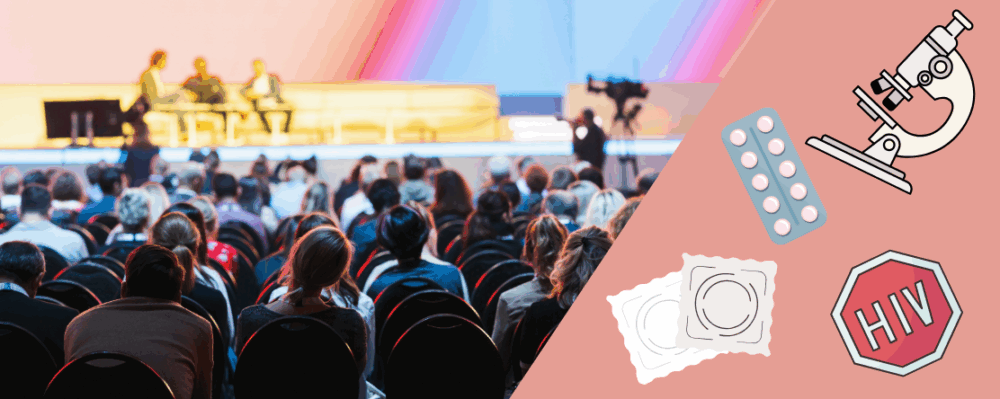
In the News
‘Secondhand Harms’ from Marijuana? Study Says they Exist
- New Jersey 101.5
-
Focus Areas
Alcohol, Tobacco, Drugs & Mental Health -
Issues
Cannabis -
Expertise
Research – Quantitative -
Programs
Alcohol Research Group

Findings from a new study from PHI’s Alcohol Research Group (ARG) demonstrate significant harms to others can be caused by one’s marijuana use. The ARG researchers say states should use this and future similar data to shape policies regarding cannabis sales and use.
In the study published in the Journal of Psychoactive Drugs, 8.4% of respondents report “experiencing harm” because of someone else’s marijuana use.

The most common kind of harm was being harassed or bothered. Family problems was the second-most common domain, followed by financial troubles. Marijuana's not a completely harmless substance, and like alcohol, we need to pay attention to how it's regulated and sold. This study demonstrates significant risks of harms to others from marijuana use and the need for further studies to better understand and quantify these impacts.Dr. William Kerr, Alcohol Research Group
The authors consider the 8.4% as “substantial,” but they note that alcohol-related secondhand harms are at least three times more likely to be reported than secondhand harms from marijuana.
Read the press release and see more about the study here.
Click below to read the full story from New Jersey 101.5.
Originally published by New Jersey 101.5
More Updates
Work With Us
You change the world. We do the rest. Explore fiscal sponsorship at PHI.
Support Us
Together, we can accelerate our response to public health’s most critical issues.
Find Employment
Begin your career at the Public Health Institute.



